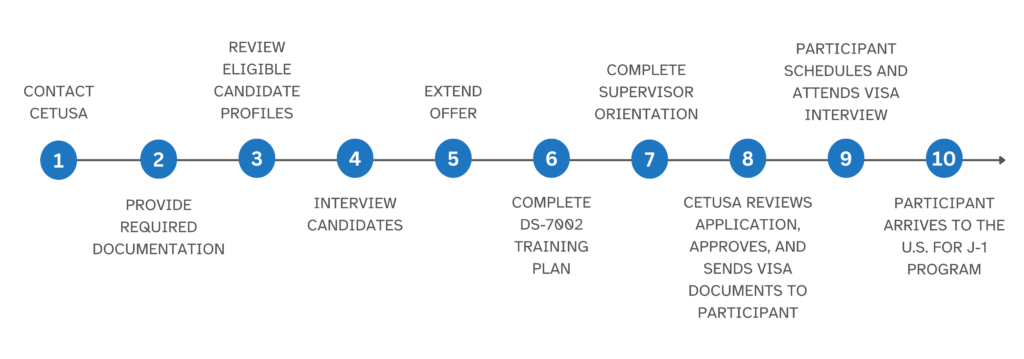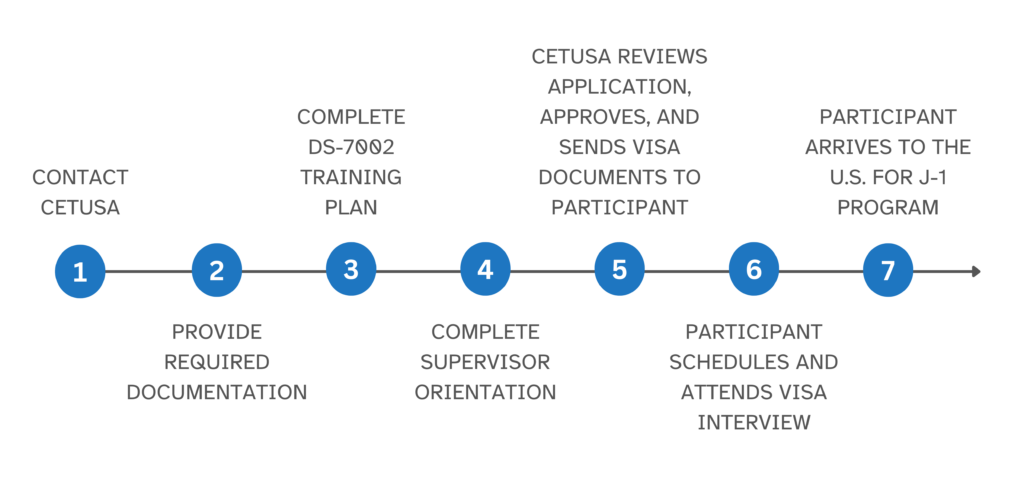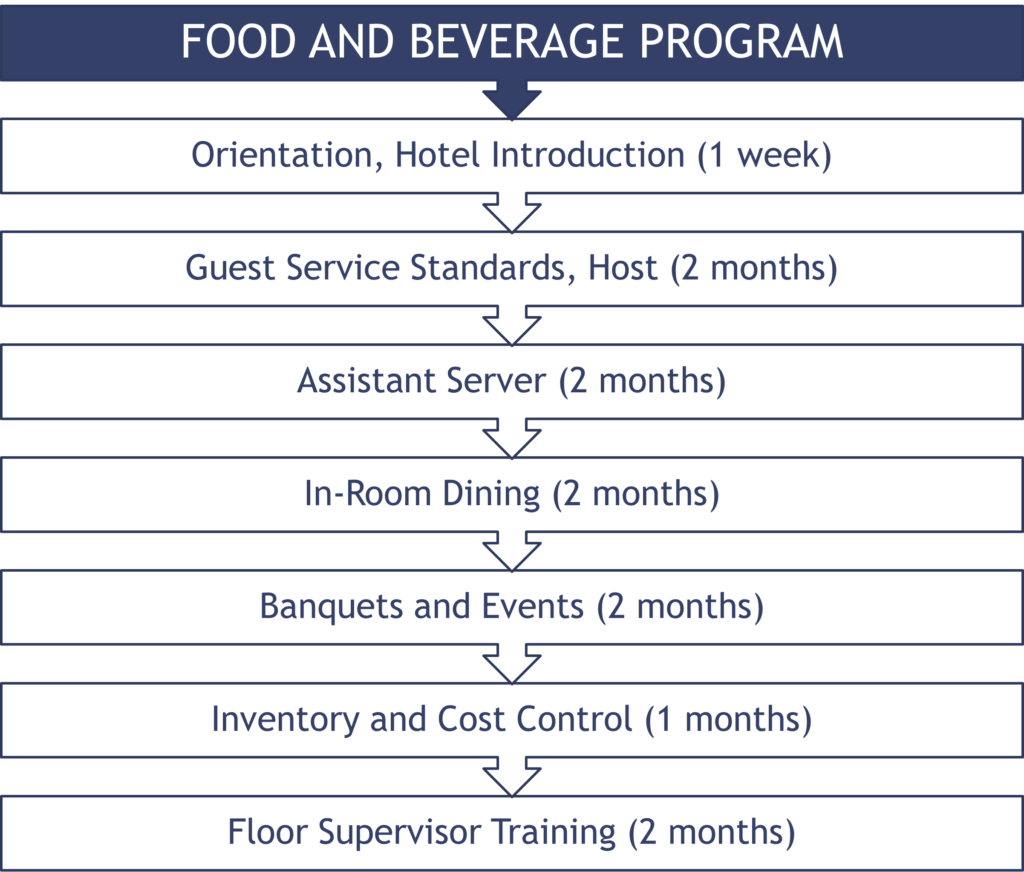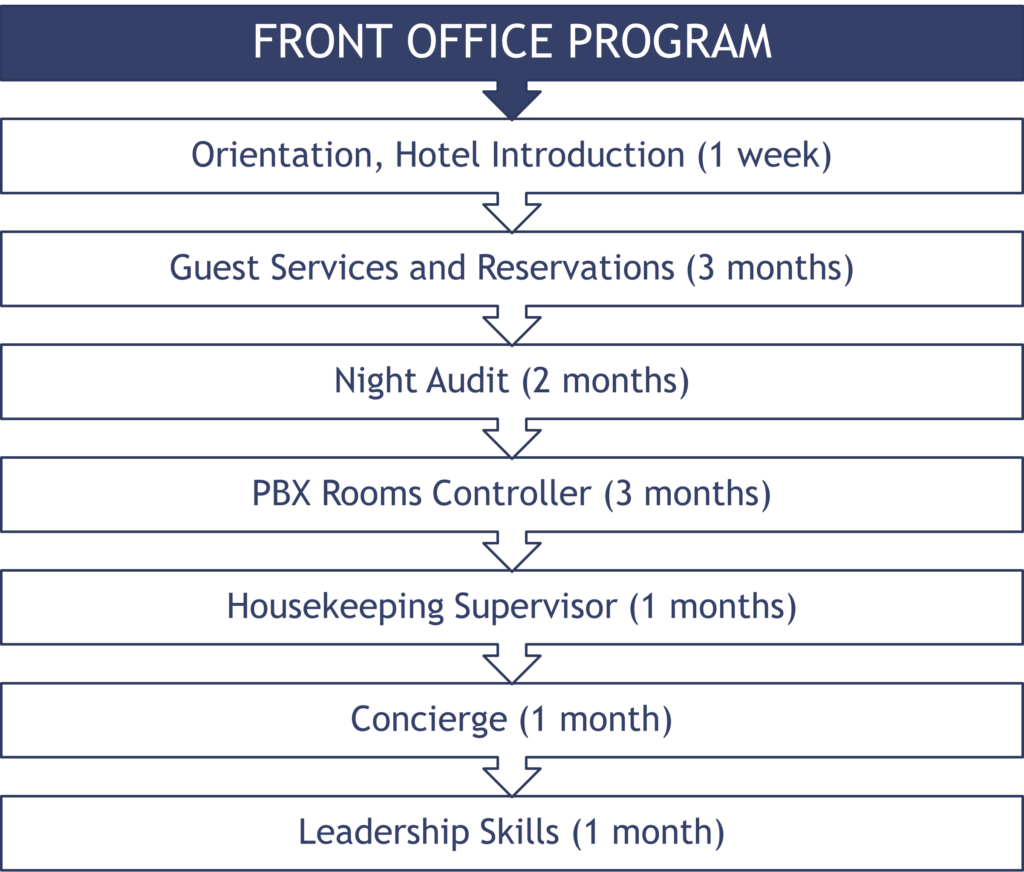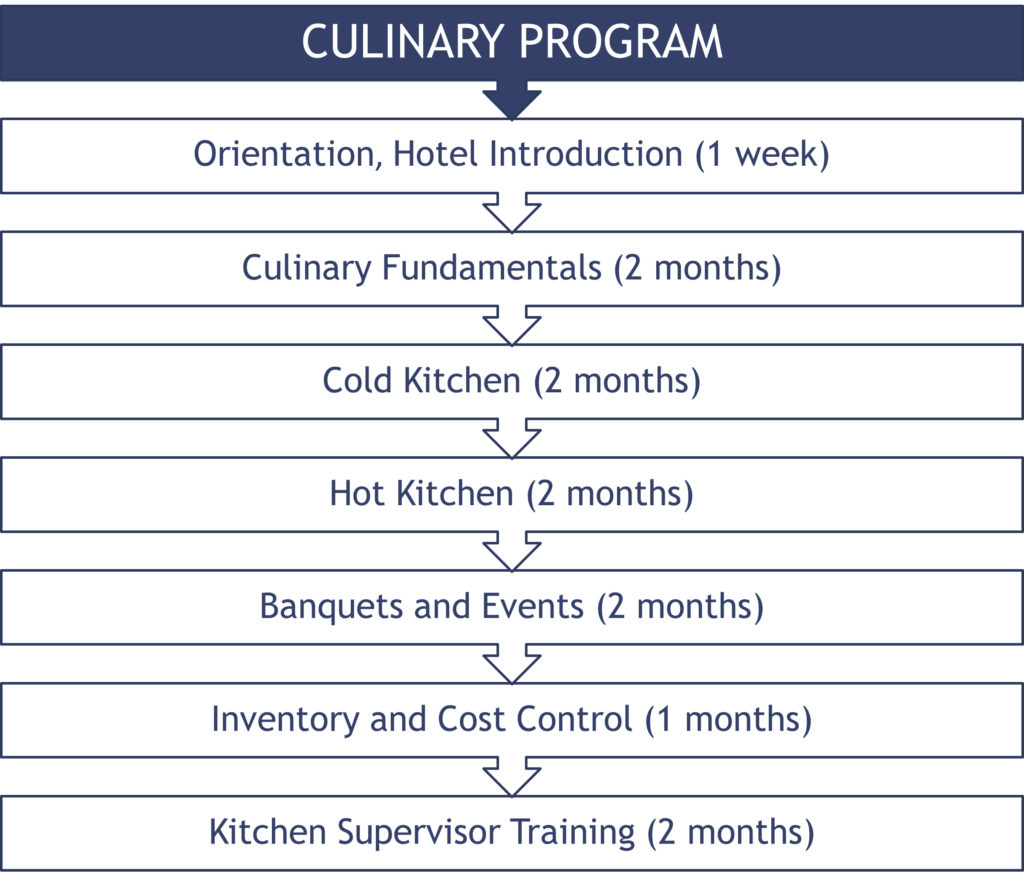Program Objectives

Offer foreign nationals valuable educational and cultural experiences in the U.S.

Establish a global network of individuals who appreciate American values and culture.

Provide structured and guided work-based training and internship programs to Exchange Visitors from around the world.

Expose U.S. residents to fresh ideas and perspectives from around the world.

Encourage educational and cultural exchanges between the U.S. and other nations.

Foster mutual understanding among individuals from different countries through cultural and educational exchanges.




